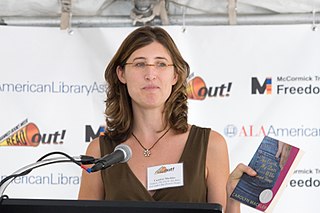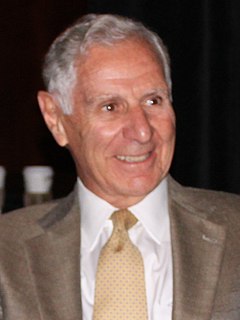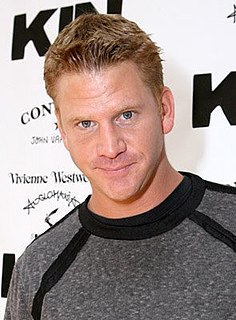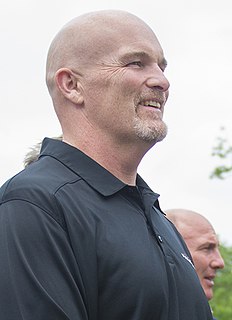A Quote by Hillary Clinton
When you're president, you can't vote present. You have to make a decision. Sometimes it's a split second decision. You don't have time to think about it. You've got to actually decide.
Related Quotes
We feel that our actions are voluntary when they follow a decision and involuntary when they happen without decision. But if a decision itself were voluntary every decision would have to be preceded by a decision to decide - An infinite regression which fortunately does not occur. Oddly enough, if we had to decide to decide, we would not be free to decide
The decision he made with Usama bin Laden was a tactical decision. It wasn't a strategic decision. The strategic decision was made by President Bush to go after him. What President Obama has done on his watch, the issues that have come up while he's been president, he's gotten it wrong strategically every single time.
One very difficult decision was deciding to vote against the appropriations bill for the war. I had consistently said that I wanted to make sure our troops got the adequate and training in the war effort, despite the fact that I opposed the war at the point that the president decided to double down and send more troops. I had to vote against funding as a way of bringing it back to the table. That was a difficult decision for me.
The Supreme Court, or any court, when they make a decision, if that's a published
decision, it becomes virtually like a statute. Everybody is suppose to follow that law. Whether I decide to allow a law to become a law without my signature is simply
in effect expressing a view that while I don't particularly care for this, the Legislature passed it, it was an overwhelming.
vote, or maybe there were other reasons. But
my decision not to sign doesn't have to be followed by
everybody from that point on
The people have only a very vague direct power. They have the power of voting against the administration, again after its decisions have been taken; but they have no way of getting into the question of policy-making, decision-making, except insofar as the vague forces and pressures of public debate and public opinion have their impact on the President. The President still has to decide. He can't go to the people and ask them to decide for him; he has to make the decision. In that sense he was condemned to be a dictator.


































